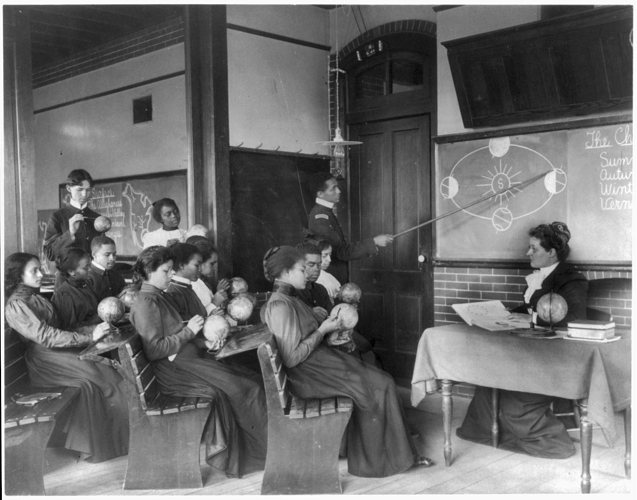The feminist history journal L’Homme interviews Londa Schiebinger, a prominent historian of science and gender at Stanford University. Among other things, Schiebinger explains how early modern society invented “biological determinism” to scientifically justify the social exploitation of women. And in the following excerpt, she also introduces the idea of agnotology, “the study of culturally-induced ignorances,” in the context of European colonialism:
In your work, the (post-)colonial perspective on the history of knowledge and science is crucial. Where do you see the methodological challenges of such an approach – and how to overcome them?
Robert Proctor and I have developed a methodology – agnotology – important for all periods of history but of particular value for colonial history. In my Plants and Empire: Colonial Bioprospecting in the Atlantic World, I develop an instance of agnotology associated with abortifacients. Historians have rightly focused on the explosion of knowledge associated with the scientific revolution and global expansion, and the frantic transfer of trade goods and plants between Europe and its colonies. While much literature on colonial science has focused on how knowledge is made and moved between continents and heterodox traditions, in this book I explored an important instance of the non-transfer of important bodies of knowledge from the New World into Europe. This ‘agnotology’, or the study of culturally-induced ignorances, serves as a counterweight to more traditional concerns for epistemology. Agnotology refocuses questions about ‘how we know’ to include questions about what we do not know, and why not. Ignorance is often not merely the absence of knowledge but an outcome of cultural and political struggle. Nature, after all, is infinitely rich and variable. What we know or do not know at any one time or place is shaped by particular histories, local and global priorities, funding patterns, institutional and disciplinary hierarchies, personal and professional myopia and much else as well. I am interested in understanding how bodies of knowledge were constructed, but more interested in analysing culturally produced ignorances of nature’s body. And I applied agnotology using Maria Sibylla Merian’s beautiful plant, the flos pavonis, to present not a history of a great man or a great woman, but of a great plant in order to understand how trade winds of prevailing opinion impeded knowledge of New World abortifacients from reaching Europe.
The problem with the type of Atlantic World history I do is sources. Europeans have been the focus of colonial science and medicine because they wrote extensively about it (and in the languages many of us readily read). Amerindians and African slaves by contrast, left no written documents in the eighteenth century detailing their use of plants and medicines in the Caribbean. This means that our access to their practices is filtered through European texts. While we can glean much from these sources, the many African and Amerindian naturalists active in these areas largely remain faceless and nameless – often referred to as a ‘slave doctor’, or a ‘Negro doctor’. Although we do not have accounts of African or Amerindian medical techniques from their own hands, we can glimpse their expertise in tropical medicines by probing and working in new ways with traditional sources. In ‘Secret Cures of Slaves: People, Plants, and Medicine in the Eighteenth-Century Atlantic World’, I shift focus from the ‘republic of lettered men’ (or even women) to the ‘republic of plants’. What can the circulation of plants themselves tell us about the provenance of a cure? And about whose knowledge is embedded in a particular cure? I find using plants as historical actors interesting and potentially opening new questions for historians.
Image: A class in mathematical geography studying earth’s rotation around the sun, Hampton Institute, Hampton, Virginia (1899). Via Eurozine.
